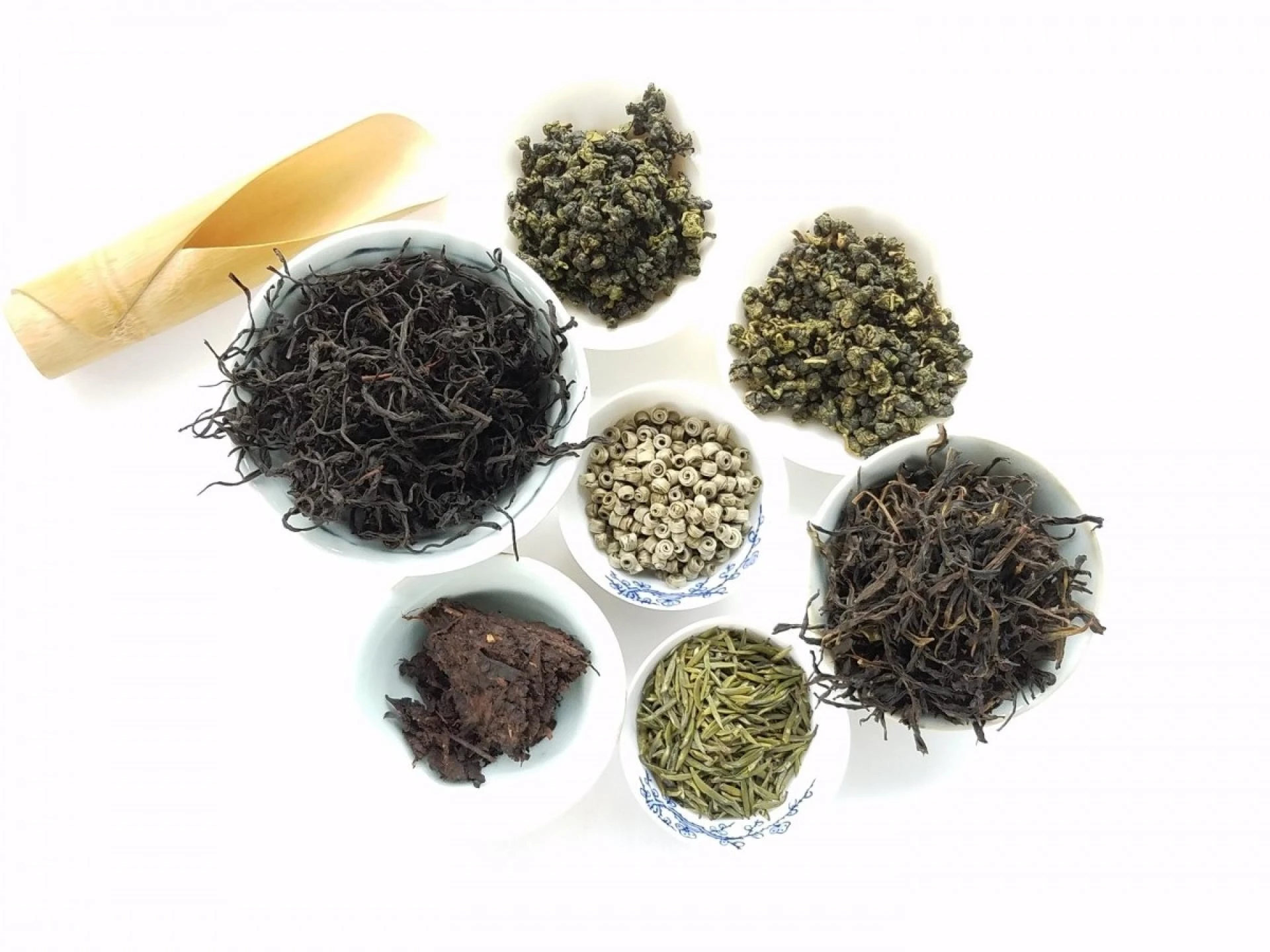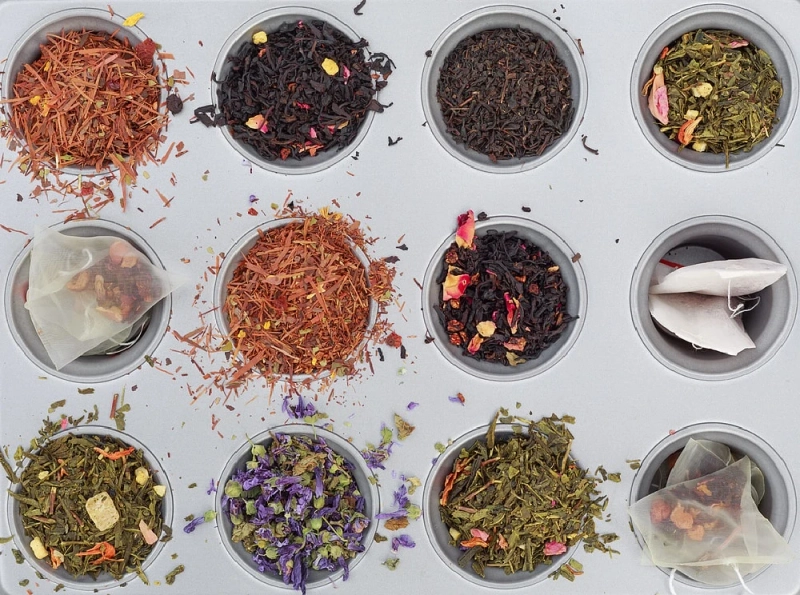In today’s growing wellness market, herbal supplements and natural remedies are more popular than ever. As demand rises, so does the number of businesses entering the herbal industry. Whether you’re launching a new supplement line, stocking retail shelves, or expanding your holistic product offerings, finding a trustworthy herb supplier is one of the most critical steps in your journey.
But how do you know which herb supplier is right for your needs?
And what makes one supplier more reliable than another?
This guide breaks down the essential qualities to look for so you can make confident sourcing decisions—without risking product quality, safety or your brand’s reputation.
Why Choosing the Right Herb Supplier Matters?
Herbal products are directly tied to health and wellness. Customers trust that what they’re putting into their bodies is clean, potent, and safe. That trust starts with sourcing. A low-quality or unreliable supplier can result in contaminated, ineffective or mislabeled products—leading to regulatory issues, negative reviews and long-term damage to your business.
A trustworthy herb supplier doesn’t just provide raw materials. They become a strategic partner in ensuring consistency, transparency and regulatory compliance.
Key Qualities of a Reliable Herb Supplier:
1. Transparent Sourcing Practices
Reliable suppliers are open about where their herbs are grown, harvested and processed. This includes:
- Country and region of origin
- Harvesting methods (wildcrafted, organic, farmed)
- Processing and drying techniques
Transparency in sourcing ensures traceability and helps you verify that herbs meet ethical and quality standards.
2. Quality Control and Testing Standards
High-quality herbs should undergo rigorous testing for:
- Purity (free of heavy metals, pesticides, and microbial contamination)
- Potency (active compound levels)
- Identity (botanical verification to prevent adulteration)
Ask for Certificates of Analysis (COAs) and third-party testing results. A trustworthy supplier will not hesitate to provide these documents.
3. Compliance with Local and International Regulations
Whether you're selling locally or globally, your herb supplier should comply with relevant food safety and herbal supplement regulations. These may include:
- Good Manufacturing Practices (GMP)
- ISO certifications
- Organic or sustainability certifications (if relevant)
Compliance ensures that your products can legally and safely reach your target markets.
4. Consistent Availability and Scalability
Reliable suppliers can deliver consistent batches of herbs in both small and large quantities. They:
- Maintain stable supply chains
- Manage seasonal availability
- Offer scalable fulfillment options
This consistency helps avoid delays, backorders, and quality variation in your end product.
5. Ethical and Sustainable Sourcing
Today’s consumers care deeply about where their supplements come from. Look for suppliers who:
- Support local farming communities
- Avoid overharvesting or exploiting endangered plants
- Follow fair trade and sustainable practices
This not only supports responsible business, but it also enhances your brand image with conscious consumers.

Questions to Ask Before Choosing a Herb Supplier:
Before committing to a supplier, ask these essential questions:
- Can you provide COAs and third-party lab results?
- Where and how are your herbs sourced and processed?
- What certifications do you hold?
- Do you offer bulk pricing and long-term supply contracts?
- How do you handle seasonal fluctuations in herb availability?
These questions help you evaluate the supplier's transparency, reliability, and ability to scale with your business.
Bulk vs. Custom Formulation: Know What You Need!
Not all herb suppliers offer the same types of services. Some specialize in bulk dried herbs, powders or extracts, while others also offer custom blending, packaging or private labeling. Define your business needs early so you can choose a supplier who offers the right level of support.
Common Mistakes to Avoid:
- Choosing based on price alone: Cheaper isn’t always better—especially in herbal sourcing. Poor-quality herbs can cost you much more in the long run.
- Not requesting lab reports: Always verify claims of quality with documentation.
- Failing to sample: Never skip the sampling phase before making a large purchase.
Avoiding these mistakes can save you from costly product recalls, customer complaints, or brand damage.
Final Thoughts:
Choosing a reliable herb supplier isn’t just a one-time task—it’s a long-term partnership that directly impacts your product quality and customer trust. Take time to vet potential suppliers thoroughly, ask the right questions, and build a relationship based on mutual transparency and growth.
When done right, this partnership becomes a cornerstone of your herbal business—ensuring that your products consistently deliver the purity, potency, and safety your customers deserve.


